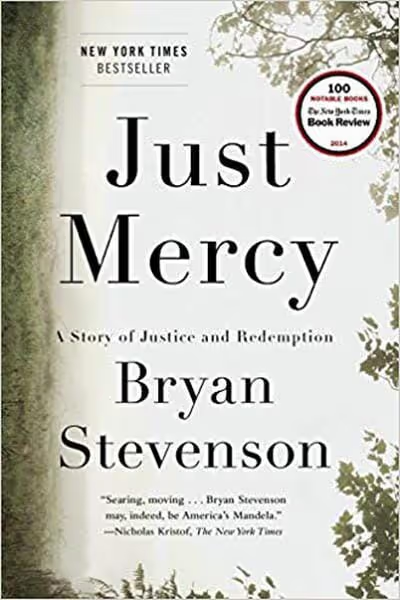Working
From the two-time Pulitzer Prize-winning author of The Power Broker and The Years of Lyndon Johnson: an unprecedented gathering of vivid, candid, deeply revealing recollections about his experiences researching and writing his acclaimed books.
For the first time in his long career, Robert Caro gives us a glimpse into his own life and work in these evocatively written, personal pieces. He describes what it was like to interview the mighty Robert Moses; what it felt like to begin discovering the extent of the political power Moses wielded; the combination of discouragement and exhilaration he felt confronting the vast holdings of the Lyndon B. Johnson Library and Museum in Austin, Texas; his encounters with witnesses, including longtime residents wrenchingly displaced by the construction of Moses’ Cross-Bronx Expressway and Lady Bird Johnson acknowledging the beauty and influence of one of LBJ’s mistresses. He gratefully remembers how, after years of loneliness, he found a writers’ community at the New York Public Library’s Frederick Lewis Allen Room and details the ways he goes about planning and composing his books.
Caro recalls the moments at which he came to understand that he wanted to write not just about the men who wielded power but about the people and the politics that were shaped by that power. And he talks about the importance to him of the writing itself, of how he tries to infuse it with a sense of place and mood to bring characters and situations to life on the page. Taken together, these reminiscences–some previously published, some written expressly for this book–bring into focus the passion, the wry self-deprecation, and the integrity with which this brilliant historian has always approached his work.
But when I began researching Robert Moses’ expressway-building, and kept reading, in textbook after textbook, some version of the phrase “the human cost of highways” with never a detailed examination of what the “human cost” truly consisted of or of how it stacked up against the benefits of highways, I found myself simply unable to go forward to the next chapter. I felt I just had to try to show—to make readers not only see but understand and feel—what “human cost” meant.






















































